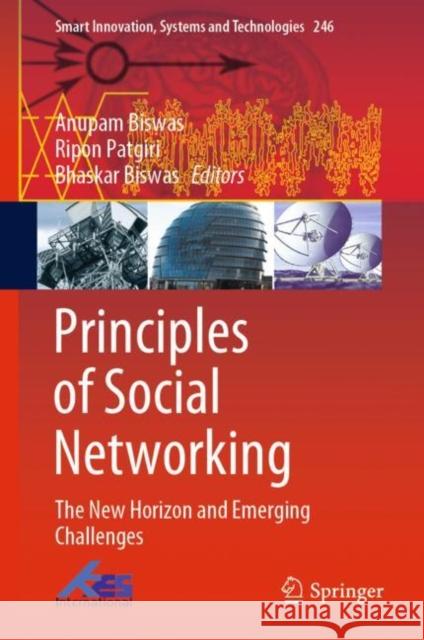Principles of Social Networking: The New Horizon and Emerging Challenges » książka
topmenu
Principles of Social Networking: The New Horizon and Emerging Challenges
ISBN-13: 9789811633973 / Angielski / Twarda / 2021 / 468 str.
Kategorie:
Kategorie BISAC:
Wydawca:
Springer
Seria wydawnicza:
Język:
Angielski
ISBN-13:
9789811633973
Rok wydania:
2021
Wydanie:
2022
Numer serii:
000405987
Ilość stron:
468
Waga:
0.85 kg
Wymiary:
23.88 x 20.07 x 2.54
Oprawa:
Twarda
Wolumenów:
01











